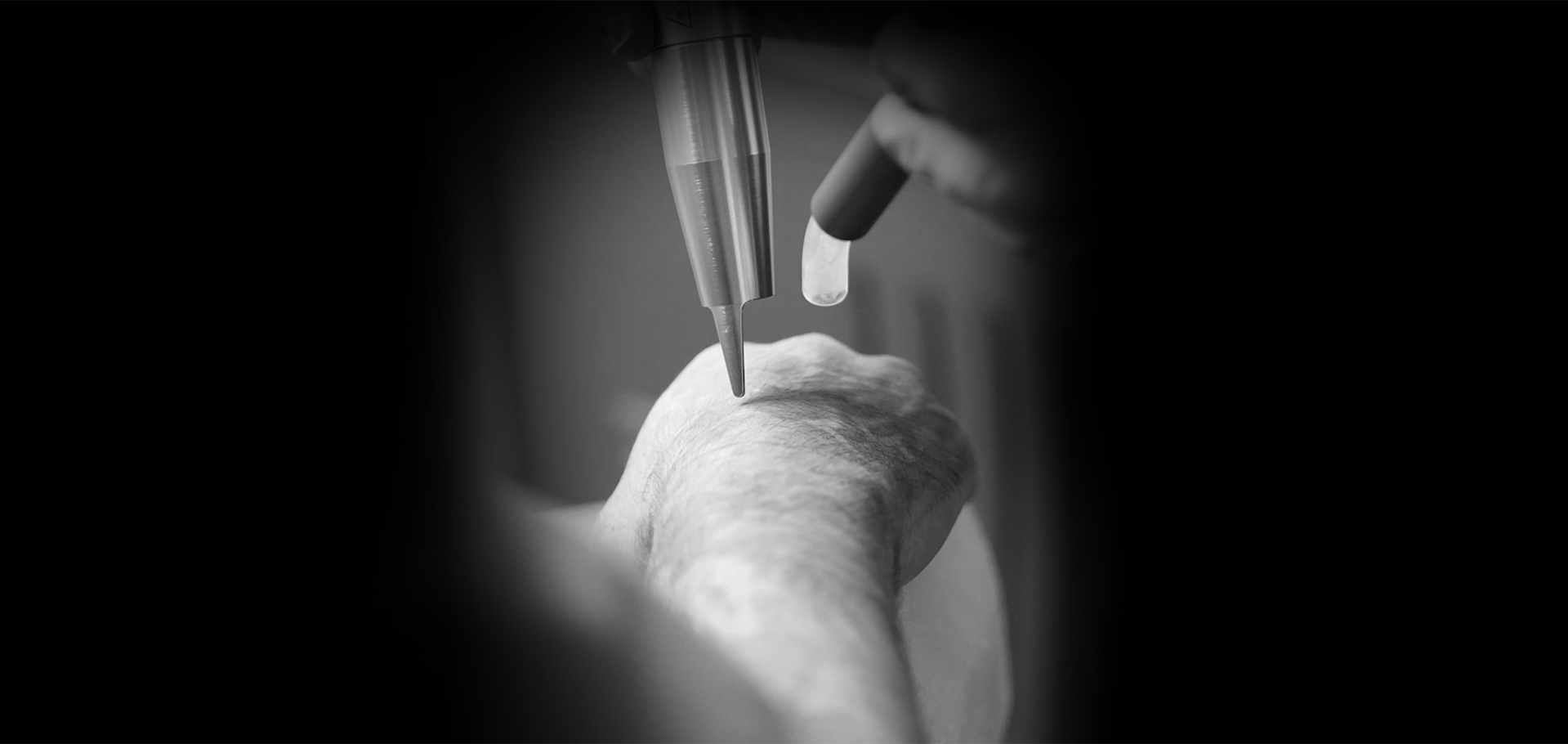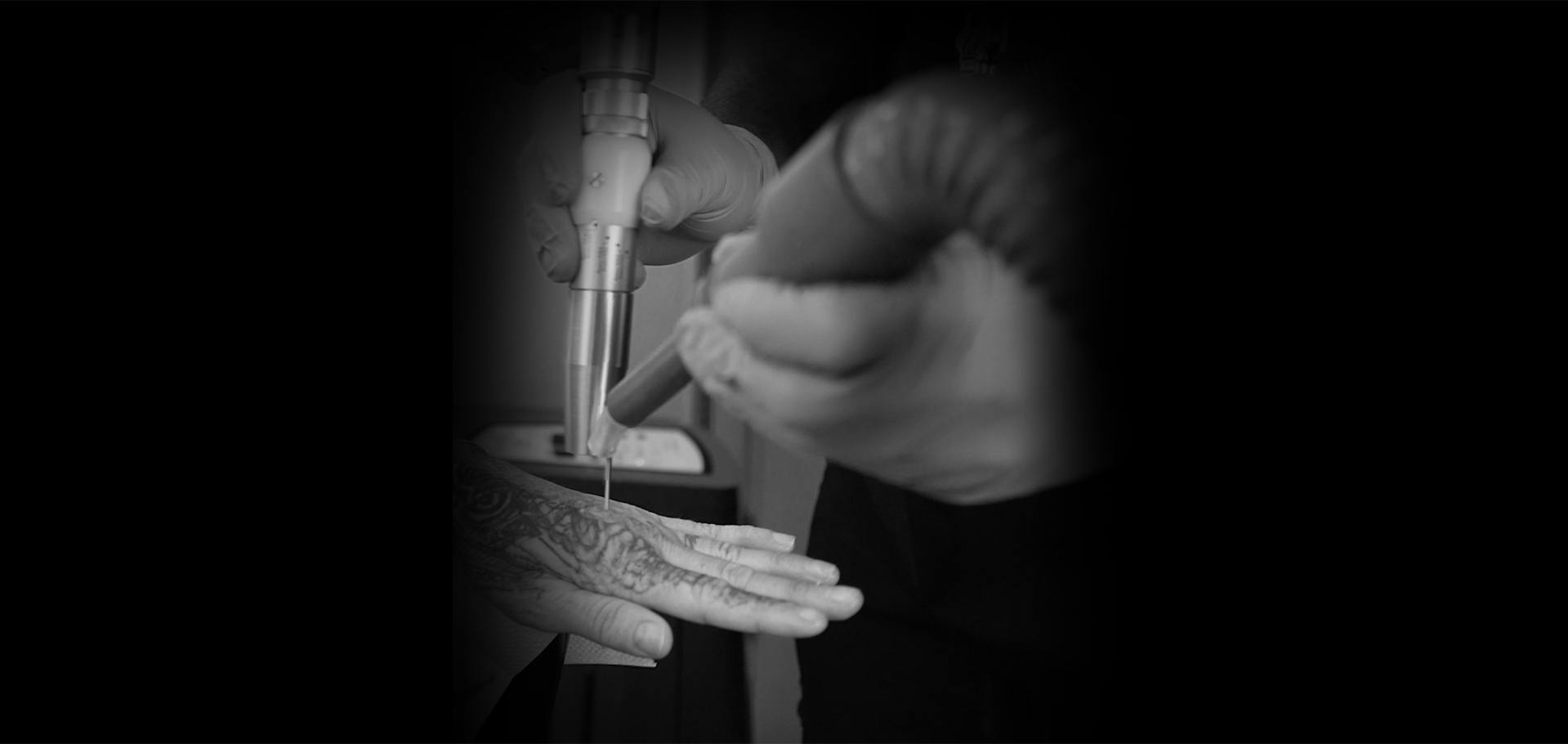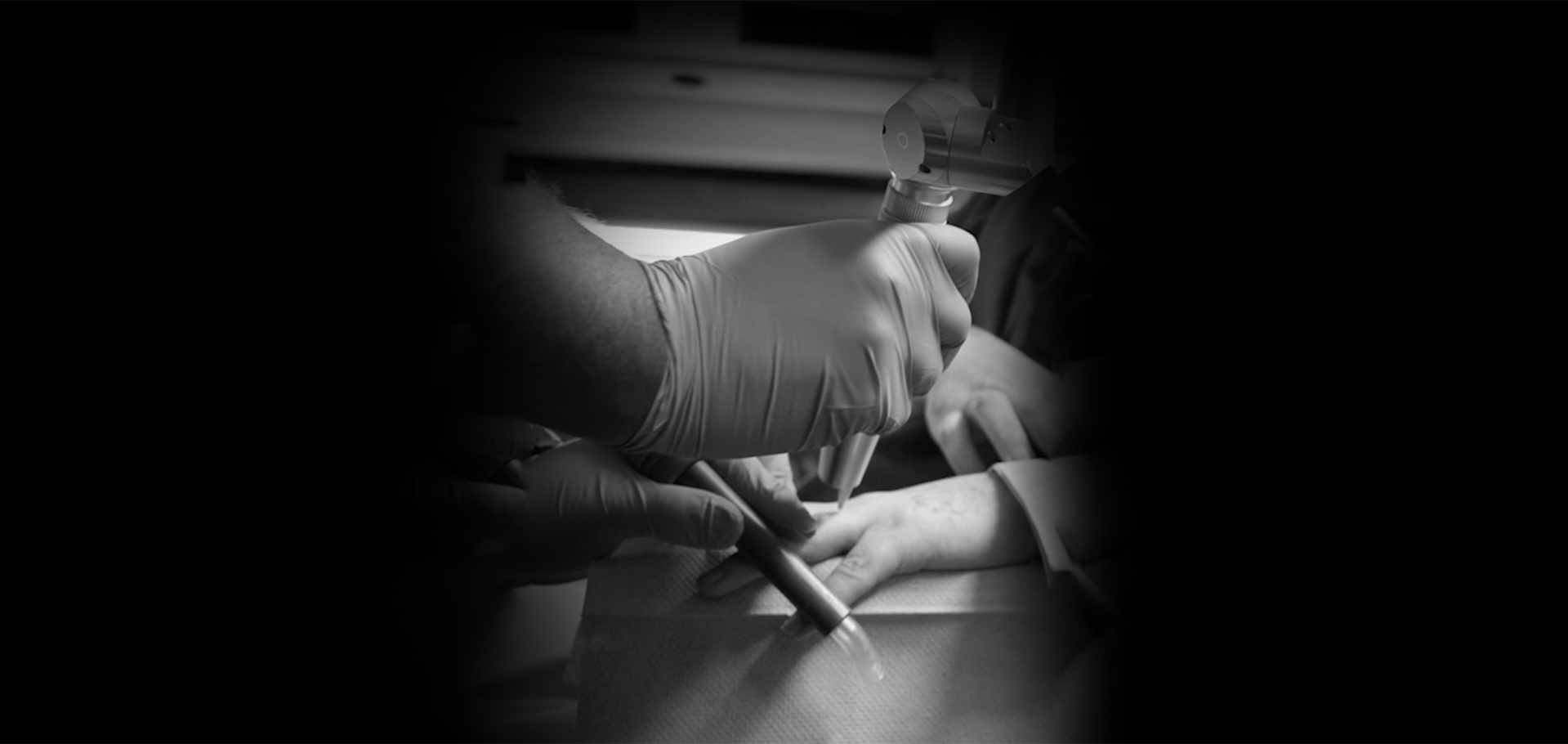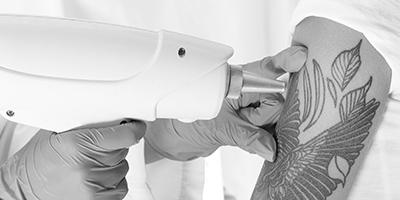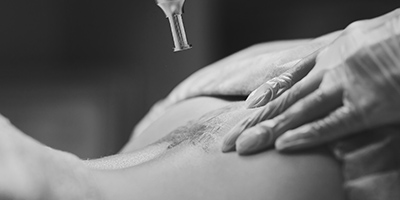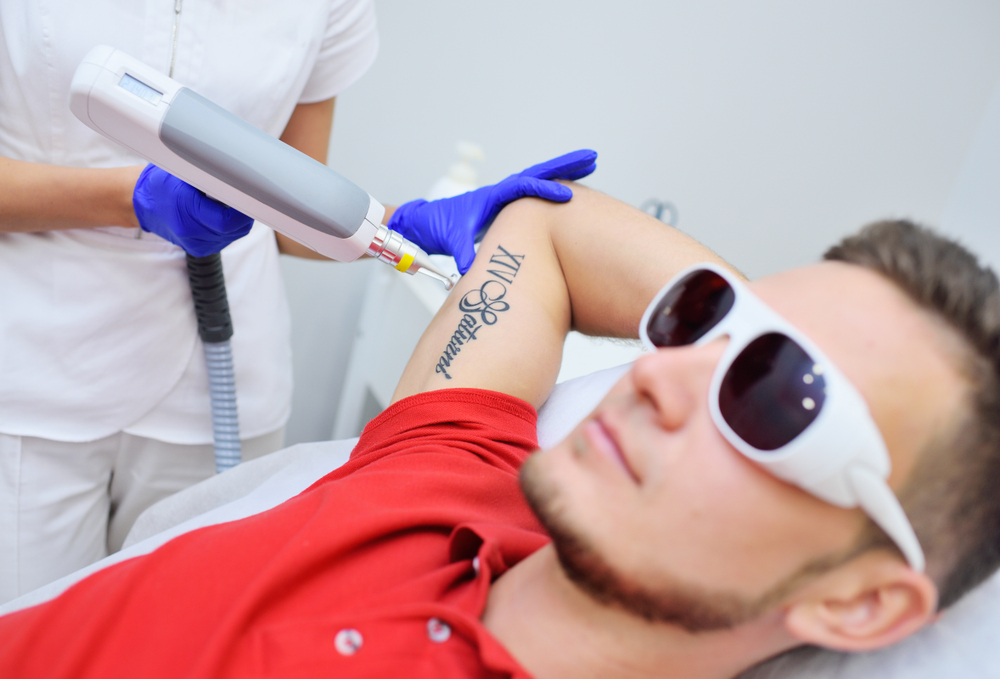
Have you ever had a moment of regret upon looking at your tattoo? Or have you ever wished you could change or remove a tattoo that no longer reflects your personality or life choices? If your answer is yes, then you are not alone. Laser tattoo removal has emerged as a popular solution for those who wish to erase the inked past.
The Benefits of Laser Tattoo Removal
One of the primary benefits of laser tattoo removal is that it provides a non-invasive solution to get rid of unwanted tattoos. The procedure eliminates the need for surgery, thus reducing the risk of infection and long recovery times.
Another advantage is the precision of the laser. It can selectively target the tattoo ink without harming the surrounding skin tissue, minimizing potential damage and discomfort. You will also appreciate the gradual fading of the tattoo, which offers a less abrupt transition compared to other tattoo removal methods.
The flexibility and adaptability of laser tattoo removal is another key benefit. It can be used to remove tattoos of different colors and sizes, on various parts of the body. It can also be adjusted according to your comfort level and individual skin response.
Understanding Potential Skin Reactions
While laser tattoo removal is largely safe and effective, it's important to understand that it can lead to potential skin reactions. These reactions are usually temporary and part of your body's natural healing process.
The most common skin reaction to laser tattoo removal is redness and swelling around the treated area. This is due to the heat generated by the laser and the body's inflammatory response to break down the tattoo ink. It is usually mild and subsides within a few days.
Other potential skin reactions include blistering, scabbing, and changes in skin pigmentation. Blistering and scabbing are signs of your skin healing, while changes in skin color can occur due to the laser's interaction with your skin pigment. In most cases, these side effects are temporary and resolve over time.
Preventing and Managing Potential Skin Reactions
Before the procedure, make sure to discuss any skin conditions or allergies with your laser technician. This will allow them to adjust the treatment parameters accordingly and minimize potential skin reactions.
Post-treatment care is crucial in managing skin reactions. Keeping the treated area clean and moisturized can prevent infection and facilitate healing. Avoid exposing the area to direct sunlight as it can aggravate skin reactions and lead to pigmentation changes.
If you experience severe or persistent skin reactions, contact your laser technician or a healthcare professional immediately. They can provide appropriate treatment and advice to manage the situation effectively.
Post-Procedure Care for Optimal Results
Your post-procedure care routine plays a significant role in achieving optimal results from your laser tattoo removal. Following the recommended care instructions can speed up the healing process and minimize potential skin reactions.
Keep the treated area clean and dry for the first few days after the procedure. Avoid any strenuous activities that could lead to excessive sweating or friction on the treated area. Apply a thin layer of antibiotic ointment and cover the area with a bandage as instructed by your laser technician.
Stay hydrated and maintain a healthy diet to support your body's healing process. Avoid smoking and excessive alcohol consumption as they can slow down the healing process and affect the results of your treatment.
For more information on navigating potential skin reactions from laser tattoo removal, visit Mobile Tattoo Removal Experts via email Info@Mtrexperts.Org to book an appointment today.
